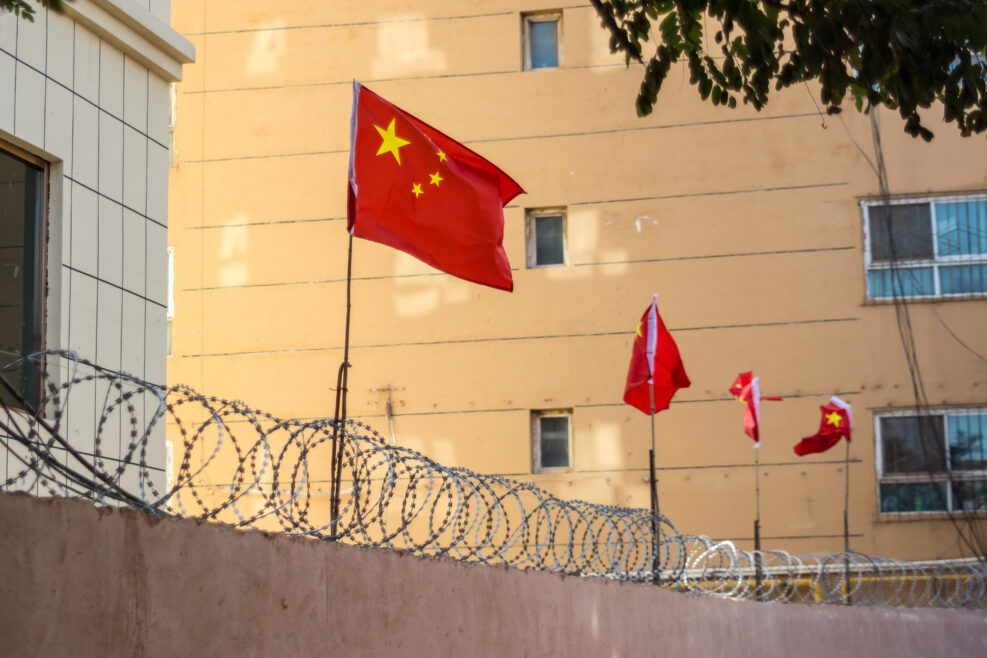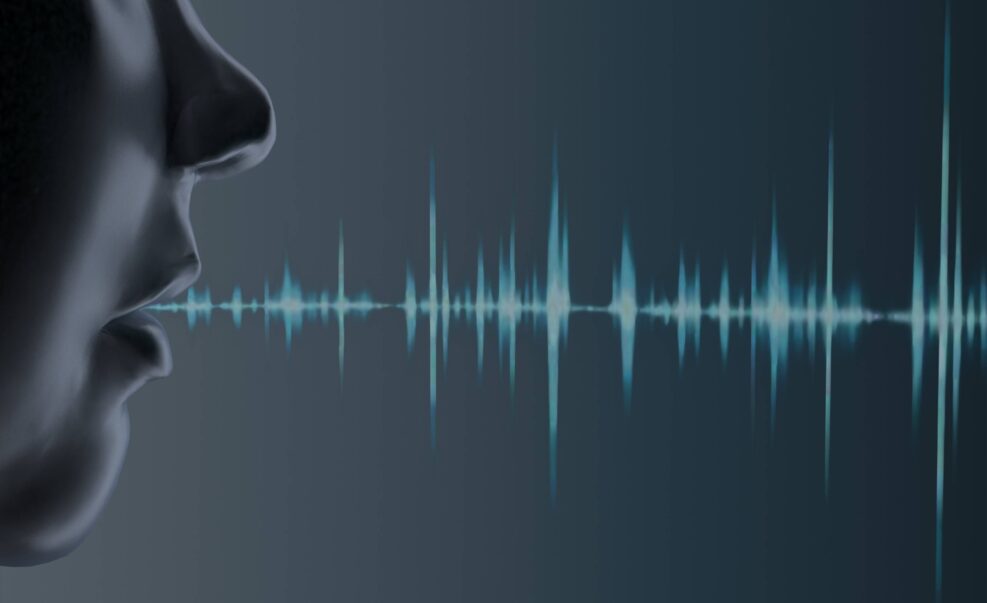
TagUyghurs


2022 Beijing Olympics: Politicizing the Olympic Games
One columnist wrote that unlike the 2008 games, the 2022 games “carries a distinct sense of foreboding.”Despite admonitions to not “politicalize the games,” Beijing’s opening ceremonies for the 2022 Olympic and Paralympic Winter Games conveyed a political message to the world. Politics has always been part of the Olympic Games. The impetus behind the modern Olympic Games, as conceived by William Penny Brookes and Pierre baron de Coubertin, was to use sports for promoting peace among nations, an inherently political agenda. Decisions on whether dignitaries will attend or who lights the torch are intentional on the part of the visiting and hosting countries, particularly since the first televised Games in 1960. Therefore, when the Chinese Olympic Committee chose first-time Olympic athlete Dinigeer Yilamujiang, also spelled Dilnigar Ilhamjan,* a twenty-year-old cross-country skier of Uyghur heritage, the country was Read More ›

Surveillance and Silence at the 2022 Beijing Winter Olympics
Why are countries instructing their Olympic athletes to use burner phones?In a previous article, I looked at the security issues with the MY2022 app, the official app for the 2022 Beijing Olympic Games, and the app that everyone who attends must download. The app has two key vulnerabilities that leave user data exposed when sending information over WiFi.* Aside from these vulnerabilities, the University of Toronto-based Citizen Lab found a list of censored keywords in the app’s code, as well as the capability to report someone who has sent politically contentious content over the messaging service. The keyword feature does not seem to be active, but as Jeffrey Knockel, author of the Citizen Lab report, told the New York Times, they could censor content with “the flip of a switch.” This is one Read More ›

2022 Winter Olympics: Security Vulnerabilities in the MY2022 App
All Olympics attendees are required to download the MY2022 app to track their health and other personal data, despite security concernsThis February should be a time of celebration in China. The opening ceremonies of the Olympic and Paralympic Winter Games is the day after the beginning of Lunar New Year. The Olympic Games commence two days later on February 4th. However, the Chinese government has put a damper on celebrations by continuing to pursue its “zero-Covid” strategy even though every other country has eased restrictions and begun transitioning from a “pandemic” to “endemic” mentality. People in Beijing along with surrounding regions have become exasperated over the daily testing protocols and harsh measures that are in place to ensure the Chinese Communist Party can save face over its prior claims of having defeated the virus. Among many of the issues plaguing the Read More ›

U.S.-Made DNA ID Equipment Is Being Sold to Xinjiang’s Police
Engineering professor Yves Moreau’s research shows that a more serious approach to existing sanctions against such uses is neededThe U.S. leads the world in DNA sequencing technologies. Unfortunately, two U.S. companies’ products are being used in China in the Xinjiang Uyghur Autonomous Region despite the fact that the U. S. has placed sanctions on such uses. The sanctions were put in place because Chinese authorities surveil and detain Uyghurs and other ethnic minorities without legal precedent and engage in acts that are in violation of the Genocide Convention of 1948. The New York Times, for example, obtained ten contracts, along with government procurement documents, showing that Thermo Fisher Scientific’s and Promega’s equipment is being sold to Xinjiang police: The government procurement documents and contracts show that several Chinese companies sold Thermo Fisher equipment worth at least $521,165 to Read More ›

Clothing Retailer H&M Canceled for Revealing China’s Forced Labor
About a fifth of the world’s cotton is grown in Xinjiang, for which Uyghur labor is conscripted, partly through the detention camps complexRecently, I wrote about the fact that many fashionable products consumed in the West are produced by forced Uyghur labor. Those who speak out pay a steep price, as Swedish clothing retailer H&M can attest. Two weeks ago, H&M was Canceled in China after the Communist Youth League decried the company’s comments on forced labor in Xinjiang on Weibo, China’s biggest social media platform. The comments themselves dated from last year (March 2020). The online vitriol is likely in response to sanctions recently imposed by the European Union, the U.S., the U.K., and Canada on Chinese officials for human rights abuses. Earlier in March (2021), Newslines Institute for Strategy and Policy, an international independent organization, published a report showing that Read More ›

In China, Forced Uyghur Labor Produces Many Fashionable Products
Industries such as fashion and solar panels rely heavily on supplies from detention centers and concentration camps in ChinaChina has been called the “world’s factory.” American companies like Apple, may assemble their tech in the U.S., but the parts are made elsewhere, including Xinjiang, China (Xinjiang Uyghur Autonomous Region). Industries such as fashion and solar panels also rely heavily on Xinjiang for their supply lines. Reports from the Australian Strategic Policy Institute (ASPI) and the Center for Strategic and International Studies in the U.S., as well as testimonials from Uyghurs, show that many such factories in Xinjiang involve the forced labor of Uyghurs in what are called “vocational training schools.” These vocational training schools are more appropriately described as detention centers. In many cases, they are essentially concentration camps. Many Uyghurs are also sent from Xinjiang to other Read More ›

Face recognition: Is the U.S. Copying China’s Surveillance State?
Although facial recognition (and the resulting “social credit score”) prevail in China, the technology is getting pushback in AmericaIn a recent article, I recounted the story of Dana Kurtbek, who has faced harassment from the DHS and the FBI after facial recognition technology and anonymous reports placed her inside the Capitol Building during the riot on January 6th. By her own account, she never came closer than a mile from the Capitol. She expressed concern to Mind Matters News that the continuing harassment may have resulted from neighbors who disagree with her pro-Trump views reporting her to the federal government. Facial recognition technology and neighbors as informants may sound strange to American ears, but in China, both are essential elements of the Chinese Communist Party’s technocratic regime. In 2014, China unveiled a social credit system that Human Rights Read More ›

For Five Days There Was Free Expression in China
Then censors blocked the Clubhouse appIn March 2020, Silicon Valley entrepreneur Paul Davidson and former Google engineer Rohan Seth launched their newest app, Clubhouse. The app is an invite-only audio chat app that lets users talk in virtual rooms. These conversations can be one-on-one or they could have an audience of up to 5,000 users (the current room limit in the beta version of the app). The app is only available on the iPhone and, once invited, users must use their actual phone number and Apple ID to join. Each user is only allowed to invite up to five people. The app’s exclusive nature gave it the tantalizing aura of the “next-big-thing” among the tech types. On January 31, Space-X’s Elon Musk made an appearance Read More ›

Leaked Police Database: Total Surveillance of China’s Uyghurs
Human Rights Watch notes that many countries engage in human rights abuses, but “more than any other government, Beijing has made technology central to its repression.”Human Rights Watch has released its 2021 annual report of global human rights abuses in 2020. In his keynote article, Executive Director Kenneth Roth said “this has been the darkest period for human rights in China since the 1989 massacre that ended the Tiananmen Square democracy movement.” The report outlines several ways that the Chinese Communist Party has repressed Chinese citizens. Among those are the Uyghurs, an ethnically Turkish majority Muslim people living in Xinjiang Uyghur Autonomous Region in western China. The CCP continues to use every means, including massive technological surveillance, to control the Uyghur population. This is the second year that China has been one of the biggest offenders of human rights. Last year’s keynote article pointed out Read More ›

Mulan: Disney Talks Freedom at Home, Toes the Line in China
Films we see get altered in subtle and not-so-subtle ways to conform to the requirements of CCP propagandaChina’s government allows only about thirty-four Hollywood movies to be shown in Chinese theaters. As a result, entertainment companies like Disney go out of their way to make sure a film appeals to both North American crowds and Chinese Communist Party’s censors. Of course, what the Chinese Communist Party (CCP) allows and doesn’t allow in films is vague and subject to change, which keeps foreign film-makers guessing. Mulan, Disney’s latest attempt to please both the North American and the Chinese market, has failed to do either, for a number of reasons. Financially, Disney is already hurting from the COVID-19 pandemic. Theaters in the U.S. either remain closed or permit only limited-capacity seating. In response, Disney released Mulan on its streaming Read More ›

The Birds Aren’t Real. But Maybe the Spying Is.
A defense of our fundamental right to privacyTechnology frees us from drudgery but also enable surveillance that enslaves us. Then, far from computers becoming more like humans, we may become more like computers.
Read More ›
China: Sophisticated Surveillance Decides Who Gets Sent to Uyghur Camps
The leak of documents from police in Karakax County in Xinjiang reveal the details of everyday life that can send a Uyghur to the campsThe tracking app used by the police aggregates all of the data of people living in Xinjiang. Based on the parameters, or “micro-clues” that police put in the app, prompts the user to collect additional details or determines whether that person should be detained. This could include “not socializing with neighbors, often avoiding using the front door,” or using more electricity than others.
Read More ›
EU Mulls Five-Year Ban on Facial Recognition
Too soon, too fast, and not enough discussion of the objectives, say criticsOpposition is growing in the Western world to routine government use of facial recognition (FR) technologies. But it takes different forms in different places.
Read More ›
China: DNA Phenotyping Profiles Racial Minorities
In the United States, targeting minorities means political pushback; in China, no such discussion is allowedWhile there is some merit to the idea that the population of a particular geographic region will have similar DNA patterns, this science comes with a host of assumptions that, when taken too far, crosses the line into pseudoscience.
Read More ›
Hong Kong: Face Mask Ban Fuels Fiercer Protest
The masks, like many of the protesters’ strategies, circumvent China’s omnipresent high-tech surveillanceThe Chinese government may use violent behavior as a justification for obliterating the Hongkongers’ prized freedoms. As a possible precedent, the Uyghur people, as a whole, were painted as religious extremists, even though only about 1,000 people participated in violent protests.
Read More ›
China: What You Didn’t Say Could Be Used Against You
An AI voiceprint could be used to generate words never said
In China, high-tech racial profiling is social policy
For an ethnic minority, a physical checkup includes blood samples, fingerprints, iris scans, and voice recordingsThe Chinese government seeks a database of everyone in the country, not only to track individuals but to determine the ethnicity of those who run up against the law.
Read More ›
The Internet Doesn’t Free Anyone by Itself
China is testing 100% surveillance on the Uighurs, a strategically critical minorityThe Uyghur people in Xinjiang province in northwest China spend their lives in a digital panopticon. Over 2.5 million Muslims are tracked via facial recognition software and cameras, and their cell phone monitored for any language that could be construed as religious. Over a million have been placed in so-called “vocational training centers” that are widely described as detention camps. Even when not detained, they live like prisoners: For Uyghurs in Xinjiang, any kind of contact from a non-Chinese phone number, though not officially illegal, can result in instant arrest. Most Uyghurs in Turkey have been deleted by their families on social media. And many wouldn’t dare try to make contact, for fear Chinese authorities would punish their relatives. Isobel Read More ›